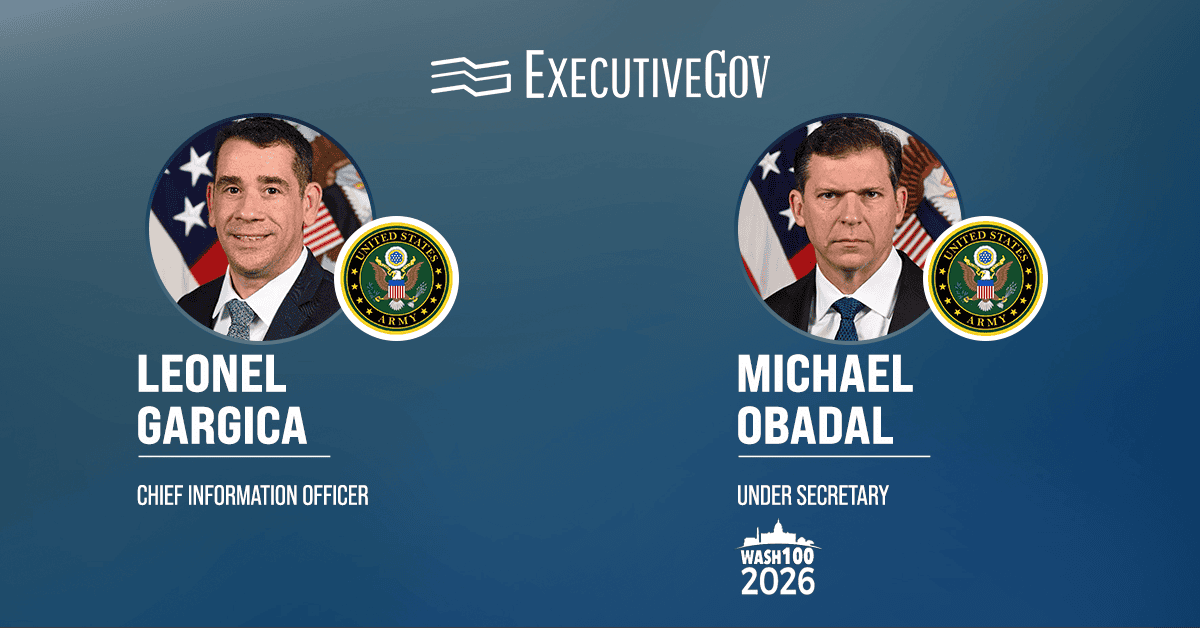 Other U.S. military branches plan to adopt the Air Force‘s program to accelerate the development of agile applications, Fedscoop reported Friday.
Other U.S. military branches plan to adopt the Air Force‘s program to accelerate the development of agile applications, Fedscoop reported Friday.The effort, known as Kessel Run, minimizes the years-long agile development timeline to months, and cuts costs as a result. USAF piloted the effort last year and began experiments in May 2018.
Brig. Gen. Kevin Kennedy, director of cyberspace strategy and policy at USAF’s Office of Information Dominance, said the Dev-Ops-based agile technology allows an aircraft to have more customizable software.
“If I have an aircraft out there, it can be a sensor, it can be shooter, it can be a [command and control] node, it can be a node on the network,†Kennedy said at an Armed Forces Communications and Electronics Association event.





